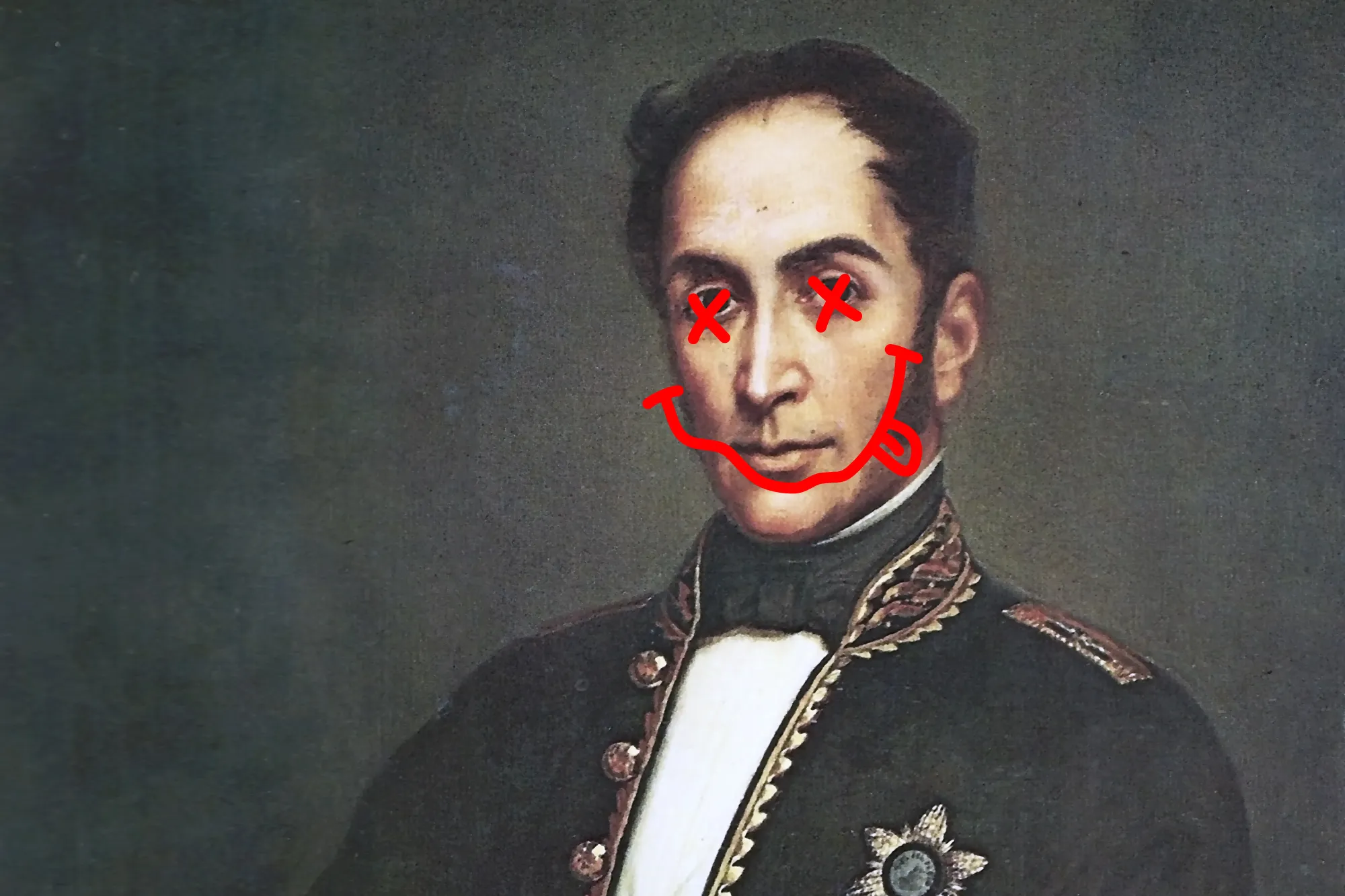When I went to the third year of high school — ninth grade in the Venezuelan system — there was nothing to raise any kind of alarm about the fact that I would spend an entire year studying the life and work of a single person. A person of my stature and, perhaps, my size. A person like any other who, by chance, happened to be in the perfect place at the perfect time to liberate a good part of Spanish-speaking America from the Spanish yoke. A character as great as Simón Bolívar.
At the moment, I live in Mostar. I am fortunate to study at the United World College located there, one of the few colleges in the world that exists with a mission — to help heal post-war Bosnia and Herzegovina. Walking through streets still riddled with bullet holes and hiding from the attacks of nationalist hooligans, I’m not quite clear whether my school has fully achieved that premise. However, I have no doubt learned valuable lessons about what can lead a country to its destruction.
And, if I know anything, it is that fanaticism plays a crucial role in it. In the Yugoslavia of the early 1990s, fanaticism about belonging to one or another nation very diffusely defined on the basis of geographical and religious boundaries led to the first genocide in post-1945 Europe and completely destroyed a once successful country. In Venezuela, the destruction is undoubted. But the reasons are not so clear.
While trying to understand Venezuela is a mission as complicated as it is useless, celebrating the anniversary of the Liberator’s death from Europe seems irresistibly paradoxical to me. Celebrating the one who liberated Venezuela from one dictatorship while I am out of the country because of another seems to me not only a bad joke. I find it disrespectful, both to my country and to the figure of Bolivar alone.
In Mostar, I study with people from more than a hundred countries. And there is not a single one of them who has managed to understand the fact that, in Venezuela, we dedicate a whole year of history classes to study a single person. The cult of Simón Bolívar not only has tints of a fanaticism that perhaps sheds light on our current darkness, but it also ignores the fact that he was also a person like us.
To generate a quasi-religious cult over a person, as the Venezuelan educational system and society do over Bolivar, not only elevates that person to a level of intangibility that turns his mistakes -read the Letter of Jamaica- into “strategic moves” and is capable of turning any criticism about his figure into a kind of betrayal typical of the logic of the Inquisition. But this is only a superficial problem.
The biggest problem with deifying Bolivar, and anyone else, is that it makes us forget that it is humans who liberate countries, not gods. If we wait for our hero to arrive on a white horse, we will spend our days looking at the mountains and never look for the hero in us.
Bolivar could have sat in his hacienda reading Rousseau and listening to his wife play some Boccherini. We would have no idea who he was because he decided to do something different. While we wait for a second Bolivar to arrive on his white horse, we let the opportunities to become him pass us by.
As long as we wait for Bolivar with his picture and holidays, we will be disrespecting him.

No hay comentarios.:
Publicar un comentario